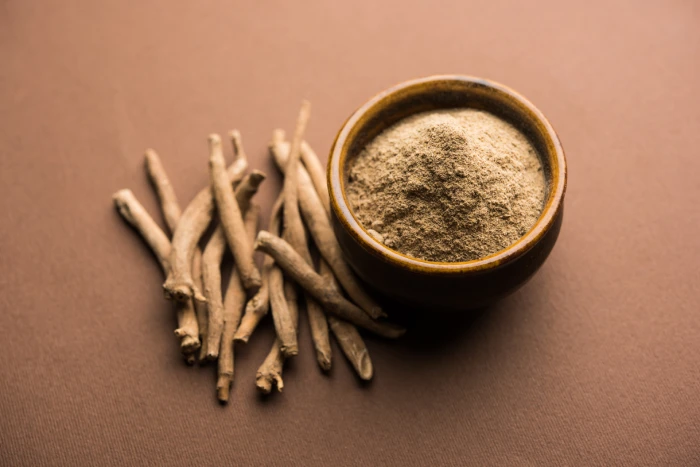Study Reveals Potential Treatment for Post-COVID Diabetes
In a groundbreaking study, researchers have investigated the effects of Ficus pumila L. extract on patients who developed diabetes following COVID-19 infection. The study focused on elderly rehabilitation patients aged 80 years or older, examining the potential of this traditional Okinawan remedy to address the increased risk of diabetes associated with SARS-CoV-2 infection.
The research involved 128 patients who had developed diabetes after contracting COVID-19. To evaluate glucose tolerance, researchers assessed two key markers: HOMA-β (Homeostatic model assessment of β-cell function) and HOMA-IR (Homeostatic model assessment of insulin resistance). Initial findings revealed that patients who developed diabetes post-COVID-19 experienced a decrease in HOMA-β and an increase in HOMA-IR, indicating impaired insulin function and increased insulin resistance.
The study then divided the patients into two groups. Fifty-nine patients were administered Ficus pumila L. extract, while the remaining patients served as a control group. The results were promising for those who received the extract: both HOMA-β and HOMA-IR showed improvement after ingestion. In contrast, the control group, who did not consume the extract, showed no improvement in either marker.
These findings suggest that Ficus pumila L. extract may have a beneficial effect on patients who developed diabetes following COVID-19 infection. The extract appears to stimulate insulin secretion capacity and improve insulin resistance, potentially offering a new avenue for treatment in this specific patient population.
While these results are encouraging, it’s important to note that this study focused on a specific age group and demographic. Further research will be necessary to determine the extract’s effectiveness across a broader range of patients and to understand its long-term effects and safety profile.
Commentary by SuppBase columnist Alice Winters:

The study on Ficus pumila L. extract’s potential in treating post-COVID diabetes is a fascinating development in the ongoing battle against the long-term effects of SARS-CoV-2 infection. As a supplement and health product commentator, I find several aspects of this research particularly intriguing and worthy of deeper analysis.
Firstly, the choice of Ficus pumila L. extract is noteworthy. This plant, commonly known as the creeping fig or climbing fig, has been used traditionally in Okinawan medicine to lower blood glucose levels. The researchers’ decision to investigate a traditional remedy highlights the growing interest in ethnobotanical approaches to modern health challenges. It’s a reminder that sometimes, answers to contemporary problems can be found in age-old wisdom.
The study’s focus on elderly patients (80 years and older) is both a strength and a limitation. On one hand, it targets a highly vulnerable population that often experiences more severe COVID-19 outcomes. On the other hand, it leaves questions about the extract’s efficacy in younger age groups unanswered. Future studies should explore its effects across a broader demographic spectrum.
The improvements in both HOMA-β and HOMA-IR are particularly encouraging. These markers provide insight into both insulin production and insulin sensitivity, suggesting that Ficus pumila L. extract may have a dual action in managing post-COVID diabetes. This comprehensive approach could potentially offer more robust glucose control than treatments that target only one aspect of diabetes pathophysiology.
However, it’s crucial to approach these results with cautious optimism. While the study shows promise, several questions remain unanswered. What are the active compounds in Ficus pumila L. that contribute to these effects? What is the optimal dosage and duration of treatment? Are there any long-term side effects or interactions with other medications commonly prescribed to elderly patients?
Moreover, the study’s relatively small sample size (128 patients) and lack of diversity in the study population limit its generalizability. Larger, more diverse studies will be necessary to confirm these findings and establish the extract’s safety and efficacy across different populations.
From a market perspective, if further research supports these initial findings, Ficus pumila L. extract could become a valuable addition to the arsenal of treatments for post-COVID complications. Its natural origin may appeal to consumers seeking alternative or complementary therapies. However, careful regulation and standardization of the extract would be crucial to ensure consistent quality and efficacy.
It’s also worth considering the potential environmental impact of increased demand for Ficus pumila L. Sustainable harvesting practices would need to be implemented to prevent overexploitation of this resource.
In conclusion, while this study offers a glimmer of hope for those grappling with post-COVID diabetes, it’s important to view it as a starting point rather than a definitive solution. As we continue to unravel the long-term impacts of COVID-19, traditional remedies like Ficus pumila L. extract may play an increasingly important role in our treatment strategies. However, rigorous scientific validation, careful consideration of potential risks and benefits, and responsible commercialization will be key to harnessing their full potential.



